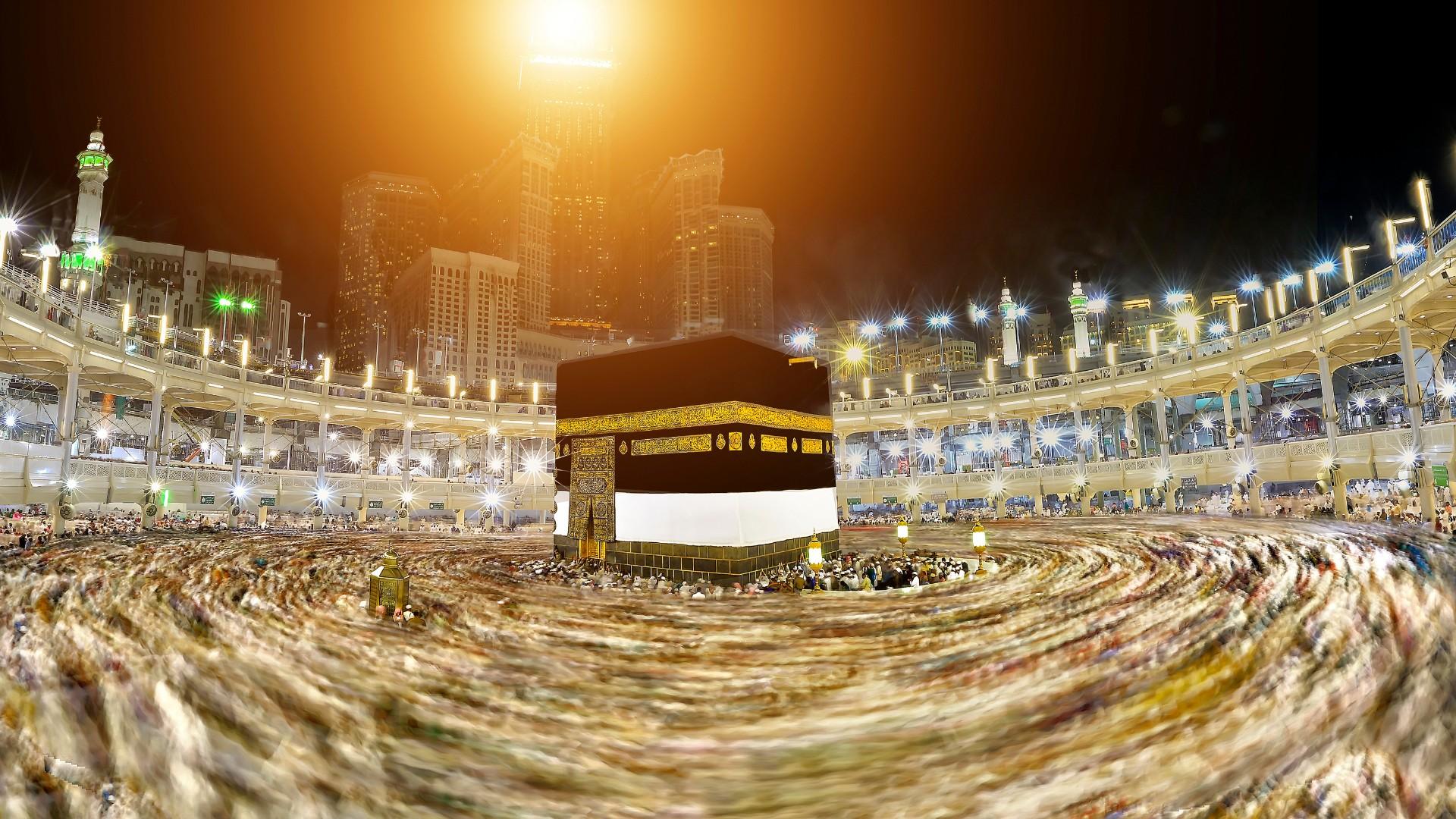No data to show
Read More
Performing Umrah is one of the most spiritually enriching experiences for Muslims around the world. For many, it is a dream come true to visit the holy cities of Makkah and Madinah, seeking closeness to Allah and renewal of their faith. However, many Muslims living in the United States face challenges when it comes to the cost of traveling for Umrah. At Salah Travels, we understand the...

The historian and geographer, Abul Hasan Ali Ibn Hussain Ibn Ali Al Masudi (895-957 CE) was a scion of an age when Islamic scholarship had overcome the challenge of Greek rationalism, and having thrown off the yoke of deductive absurdity, found its own expression in the inductive empiricism of the Qur’an. The history of this challenge and the aftermath of ensuing battles has defined the...

It was a moment in history when the Islamic civilization opened its doors to new ideas from the East and from the West. The confident Muslims took these ideas and remolded them in a uniquely Islamic mold. Out of this caldron came Islamic art, architecture, astronomy, chemistry, mathematics, medicine, music, philosophy and ethics. Indeed the very process of Fiqh and its application to...

Imam Ja’afar as Sadiq (700-765 CE) was a giant among Islamic sages. He was the Shaykh of great Shaykhs, the teacher of Imam Abu Haneefa, Imam Malik, Abu Yazid al Bastami and Wasim ibn Atta. His scholarship embraced the esoteric as well as the exoteric, ilm ul ishara as well as ilm ul ibara, the sciences of kalam as well as the sciences of hadith, sunnah, the natural...

The Destruction of Timbaktu Contributed by Prof. Dr. Nazeer Ahmed, PhD The ransom received by Ahmed al Mansur al Sa’adi from the Portuguese at the Battle of al Qasr al Kabir (1578) provided him only temporary financial relief. The traditional sources of income for the emir, namely trade and agriculture, were increasingly out of his reach. In the north, the Mediterranean trade was...




